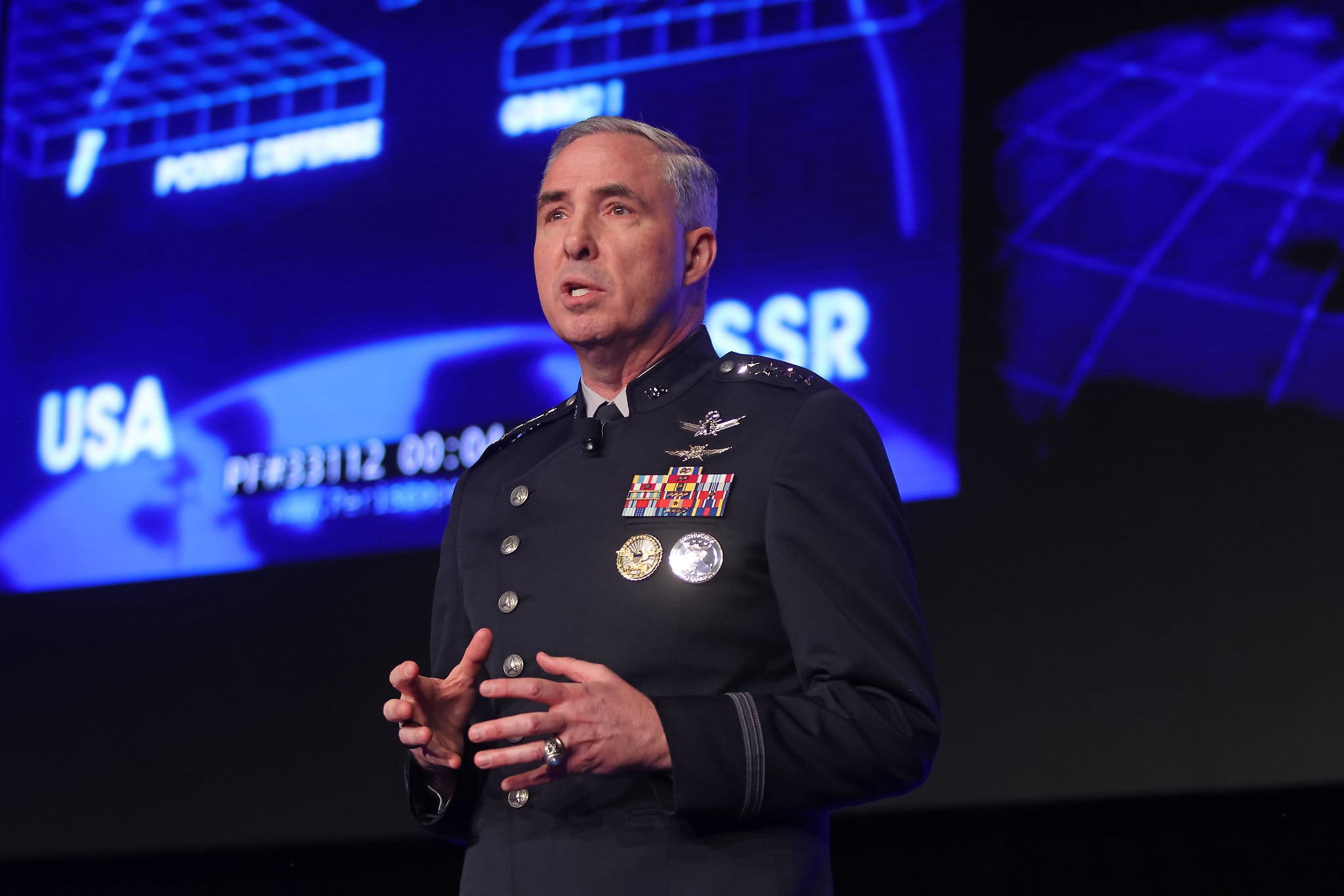FALLS CHURCH, Va. — Generative artificial intelligence like the wildly popular ChatGPT has a promising future at the U.S. Department of Defense, where time-consuming tasks and red tape can clog the path to accomplishment, according to Lauren Knausenberger, the Air Force’s chief information officer.
A smart assistant or AI-powered chatbot could efficiently find files, answer frequently asked questions or dig up contact information, among other menial assignments, Knausenberger said Feb. 28 at an event in Virginia hosted by Billington Cybersecurity. Automating such processes could save precious time and resources.
RELATED

“There’s no reason why ChatGPT can’t respond to taskers and take away some of the very heavy knowledge-management work of finding, ‘OK, who are the three action officers across the department that have these different pieces?’ and pulling it together,” she said. “There’s a lot of power there that we can harness in the near-future.”
OpenAI’s ChatGPT — capable of carrying a convincing conversation and churning out content, like computer code or children’s stories — surpassed 1 million registered users within a week of its November launch.

It quickly caught the attention of the Pentagon too. Generative AI, which fuels ChatGPT, was added to a Defense Information Systems Agency tech watch list, which previously featured 5G, zero-trust cybersecurity, edge computing and more.
DISA Chief Technology Officer Stephen Wallace in late January described it as “a pretty interesting capability.”
“We’re starting to look at: How does [generative AI] actually change DISA’s mission in the department and what we provide for the department going forward,” he said.
RELATED

Militaries worldwide are investing in AI and adjacent tech to improve battlefield analysis, predict maintenance needs and streamline logistics. Knausenberger, who is leaving her CIO post in June, has said the U.S. needs to “automate more” to maintain its advantages.
Knausenberger’s successor has not yet been named.
Public spending on AI, including autonomy, at the Defense Department jumped to $2.5 billion in 2021 from a little more than $600 million in 2016. More than 685 AI projects, including several tied to major weapons systems, were underway as of early 2021.
Colin Demarest was a reporter at C4ISRNET, where he covered military networks, cyber and IT. Colin had previously covered the Department of Energy and its National Nuclear Security Administration — namely Cold War cleanup and nuclear weapons development — for a daily newspaper in South Carolina. Colin is also an award-winning photographer.








